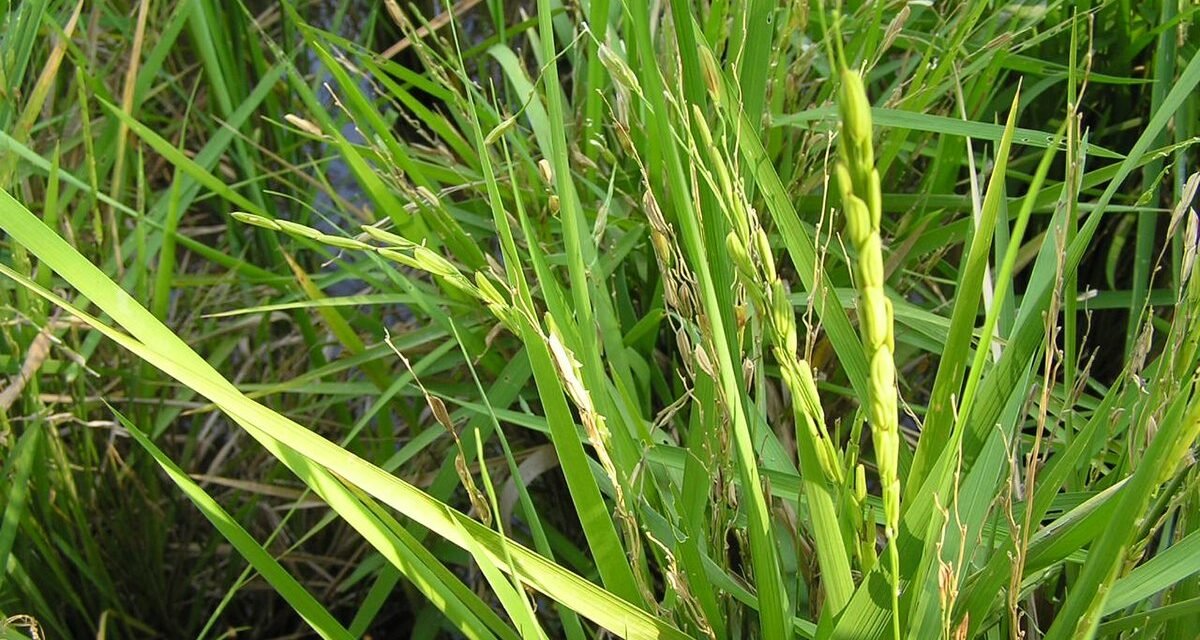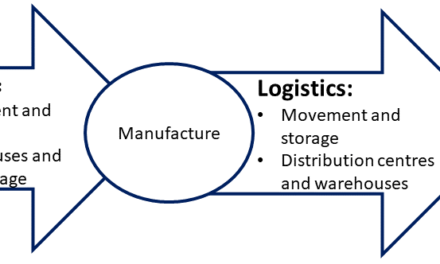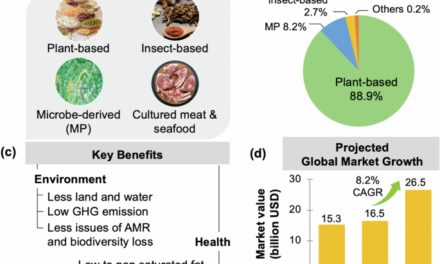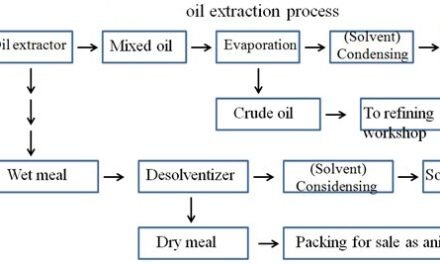Soil health is a critical factor in rice cultivation, directly influencing crop productivity, quality, and sustainability. Healthy soil supports better water and nutrient management, disease resistance, and environmental resilience. Conversely, poor soil health can lead to lower yields, increased pest and disease pressure, and inefficient resource use. Here’s an in-depth look at how soil health affects rice cultivation and ways to improve it:
1. Nutrient Availability
- Impact on Rice Cultivation:
- Rice plants require essential nutrients, such as nitrogen (N), phosphorus (P), potassium (K), and micronutrients (e.g., zinc and iron), for growth and grain production.
- Depleted or imbalanced soils fail to supply these nutrients, leading to stunted growth, poor tillering, and reduced grain yield.
- Solution:
- Regular soil testing to determine nutrient deficiencies.
- Apply balanced fertilizers and organic amendments to replenish soil fertility.
2. Soil Organic Matter (SOM)
- Impact on Rice Cultivation:
- High SOM improves soil structure, nutrient-holding capacity, and microbial activity.
- Low SOM results in compacted soils with poor aeration and water infiltration.
- Solution:
- Incorporate organic materials like farmyard manure, compost, green manure (e.g., Sesbania), or rice straw.
- Rotate rice with legumes to enhance SOM and nitrogen content naturally.
3. Soil pH
- Impact on Rice Cultivation:
- Rice grows best in slightly acidic to neutral soils (pH 5.5–7.5).
- Acidic soils (<5.5) can lead to aluminum and iron toxicity, while alkaline soils (>7.5) can reduce nutrient availability, especially phosphorus and zinc.
- Solution:
- Lime application to neutralize acidic soils.
- Use gypsum or sulfur to reduce alkalinity and improve soil structure.
4. Soil Microbial Activity
- Impact on Rice Cultivation:
- Beneficial microbes decompose organic matter, fix nitrogen, solubilize phosphorus, and suppress pathogens.
- Poor microbial activity reduces nutrient cycling and increases disease risks.
- Solution:
- Add biofertilizers like Azolla, Trichoderma, and phosphate-solubilizing bacteria (PSB).
- Avoid overuse of chemical inputs that harm beneficial soil microbes.
5. Water Retention and Drainage
- Impact on Rice Cultivation:
- Healthy soil retains water efficiently, ensuring consistent moisture levels that are critical for rice.
- Poorly drained soils lead to waterlogging, root rot, and reduced oxygen availability.
- Solution:
- Improve drainage systems to prevent prolonged waterlogging.
- Use soil amendments like biochar or organic matter to enhance water retention.
6. Soil Texture and Structure
- Impact on Rice Cultivation:
- Loamy soils with good structure support root growth, water retention, and nutrient availability.
- Compacted or heavy clay soils limit root penetration and aeration, reducing yield potential.
- Solution:
- Practice conservation tillage to maintain soil structure.
- Incorporate crop residues to reduce compaction and improve aeration.
7. Soil Salinity
- Impact on Rice Cultivation:
- Saline soils reduce water uptake and cause ion toxicity, leading to poor germination, stunted growth, and lower yields.
- Coastal areas and regions with poor irrigation management are particularly vulnerable.
- Solution:
- Grow salt-tolerant rice varieties.
- Flush saline soils with fresh water and improve drainage.
- Use organic matter to reduce salt concentration.
8. Heavy Metal Contamination
- Impact on Rice Cultivation:
- Toxic levels of heavy metals like arsenic, cadmium, and lead in soil can accumulate in rice grains, posing health risks.
- Contaminated soils reduce plant health and growth.
- Solution:
- Monitor soil contamination levels and avoid using polluted irrigation water.
- Use soil amendments like biochar to immobilize heavy metals.
- Rotate crops or use phytoremediation plants to reduce heavy metal concentrations.
9. Soil Erosion
- Impact on Rice Cultivation:
- Erosion removes nutrient-rich topsoil, reducing fertility and water-holding capacity.
- Rice fields in sloped or poorly managed areas are especially prone to erosion.
- Solution:
- Use contour bunds, terraces, or cover crops to minimize soil erosion.
- Maintain a vegetative cover on bunds to stabilize soil.
10. Disease and Pest Suppression
- Impact on Rice Cultivation:
- Healthy soils with diverse microbial populations suppress soil-borne pathogens and pests.
- Degraded soils increase susceptibility to diseases like sheath blight and root rot.
- Solution:
- Use crop rotation and biological controls to maintain soil health.
- Apply organic amendments to support beneficial microbes that suppress pathogens.
11. Soil Compaction
- Impact on Rice Cultivation:
- Compacted soils reduce root penetration, nutrient uptake, and water infiltration.
- Mechanized farming can worsen soil compaction if not managed.
- Solution:
- Reduce heavy machinery use, especially on wet soils.
- Incorporate deep-rooting cover crops to break up compacted layers naturally.
12. Soil Health Indicators
- Why They Matter:
- Regularly monitoring indicators like SOM, pH, nutrient content, and microbial activity helps ensure optimal soil conditions.
- Tools:
- Conduct soil tests and use digital soil health monitoring devices.
- Observe crop performance and visual symptoms of deficiencies as indicators.
13. Long-Term Soil Health Management
- Key Strategies:
- Integrated Nutrient Management: Combine organic, inorganic, and biofertilizers for balanced nutrition.
- Crop Diversification and Rotation: Alternate rice with legumes or vegetables to reduce nutrient depletion.
- No-Till Farming: Minimize soil disturbance to preserve structure and organic matter.
- Water Management: Use practices like Alternate Wetting and Drying (AWD) to balance soil aeration and water availability.
Conclusion
Soil health is fundamental to the success of rice cultivation, influencing yield, quality, and sustainability. By adopting best practices in soil management—such as balanced fertilization, organic amendments, proper water management, and erosion control—farmers can maintain productive and resilient rice systems. Investing in regular soil health monitoring and education on sustainable practices will ensure long-term benefits for both farmers and the environment.
Hashtags
#OrganicRice #SoilConservation #FertilizerFreeFarming #RiceHarvest #SoilTesting #NaturalFarming #RiceFields #SoilHealthMatters #Agroecology #RiceFarmers #HealthyCrops #SoilEnrichment #SustainableRice #SoilMicrobes #RiceYield #RegenerativeAgriculture #HealthyEcosystems #SoilScience #RiceVarieties #SustainableFood









